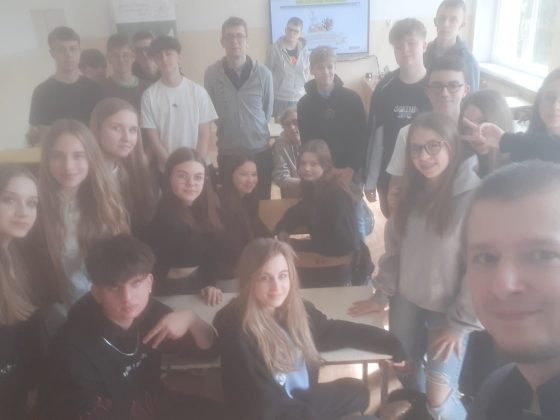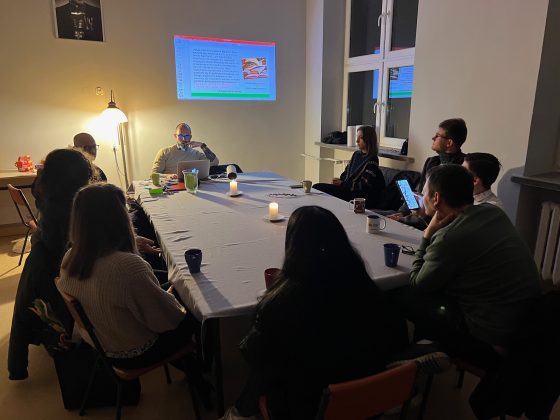“Overcoming Reductionism and Crafting a New Synthesis…” (a new book by P. Roszak and S. Horvat)
“Overcoming Reductionism and Crafting a New Synthesis…” (a new book by P. Roszak and S. Horvat) https://scire.umk.pl/wp-content/uploads/2024/07/naslovna.webp 827 1246 SCIRE //scire.umk.pl/wp-content/uploads/2022/12/logo_scireumk.pngIn a world where science is perceived as a catalyst of disbelief and atheism, the new book by…



